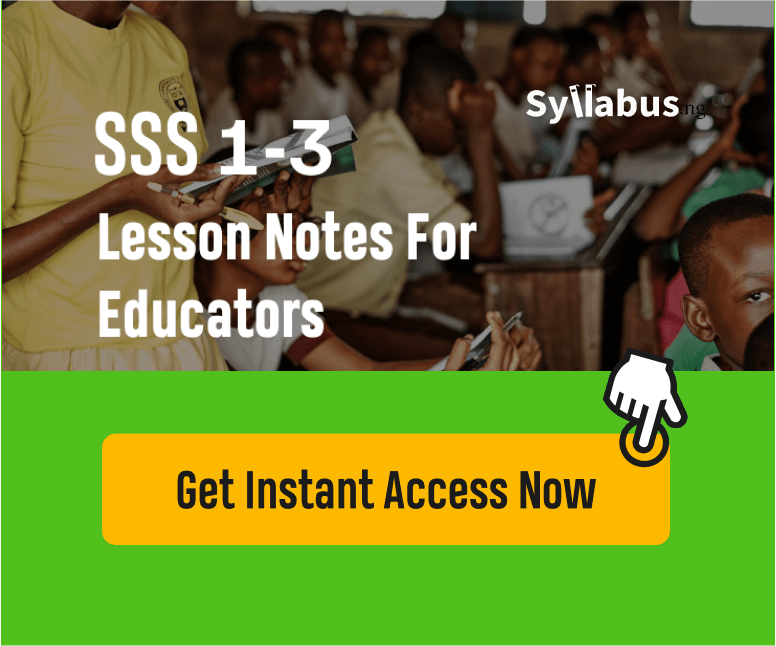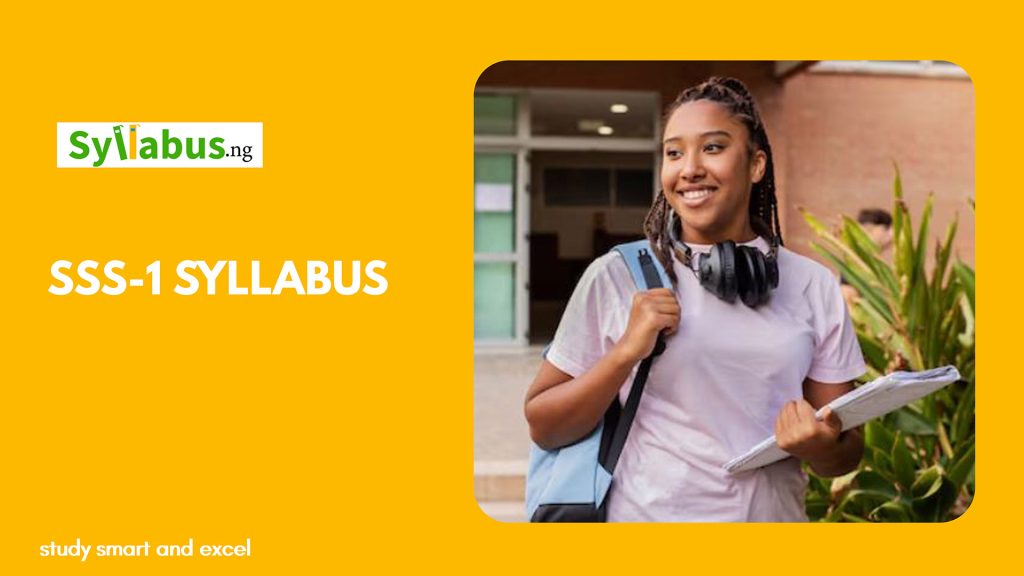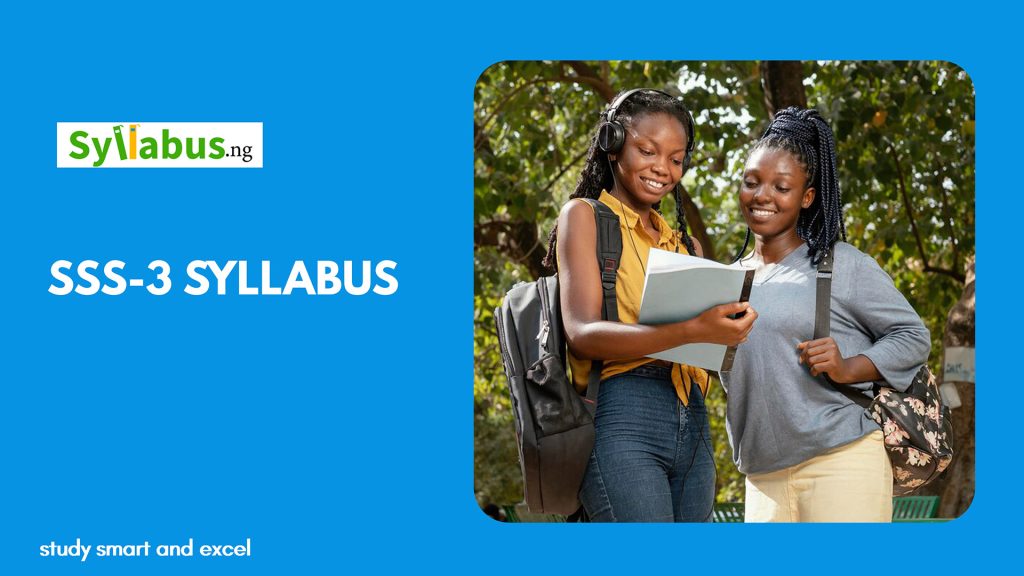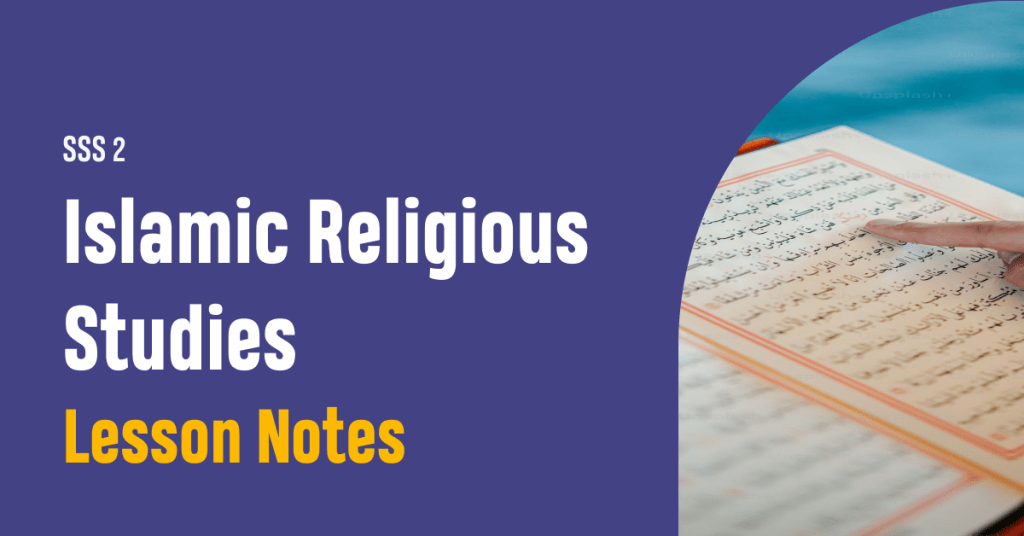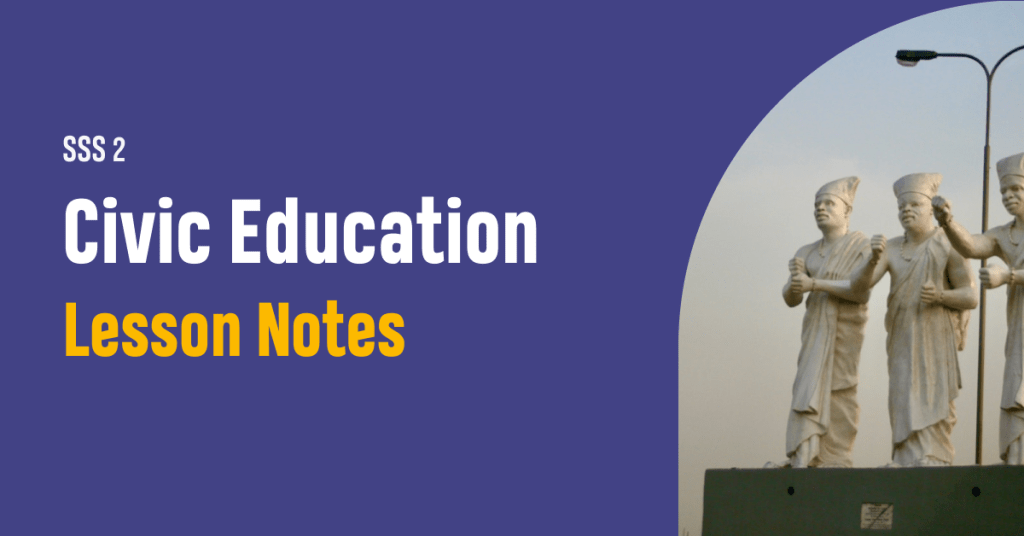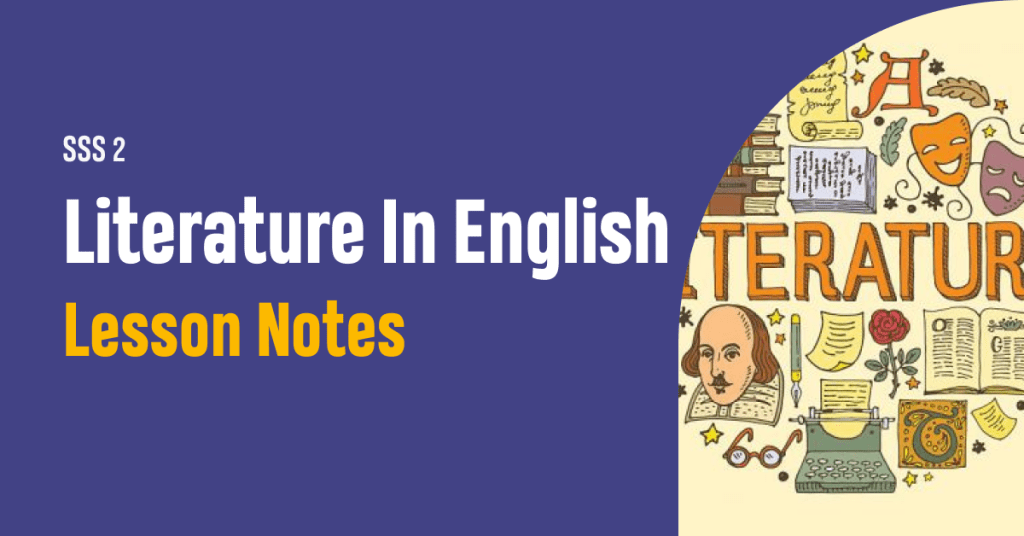SS2 Civic Education Scheme of Work
Download the Senior Secondary School 2 (SS2) Unified Scheme of Work for Civic Education to serve as a guide for educators

Home » SSS2 Scheme of Work » SSS2 Civic Education Scheme of Work
Home » SSS2 Scheme of Work » SSS2 Civic Education Scheme of WorkAbout SS2 Civic Education Scheme of Work
Civic education is essential for developing well-informed, responsible, and active citizens. It addresses Nigeria’s distinct socio-political environment, providing students with the knowledge and skills needed to participate in their communities and society effectively.
The Lagos State unified scheme of work for Senior Secondary 2 (SS2) Civic Education offers a comprehensive foundation for understanding the principles and practices of civic life. This scheme of work covers critical areas such as government structure and functions, the rule of law, human rights, national identity, and citizen responsibilities. It seeks to instill a profound appreciation for democratic values and principles, highlighting the importance of active involvement in governance and community development. By delving into topics like the Nigerian Constitution, electoral processes, and the roles of various government branches, students develop a solid grasp of their country’s operations and their role within it.
The Lagos State unified scheme of work provides a thorough educational framework that prepares students to become proactive and conscientious citizens. By studying Civic Education at this level using the unified scheme, they are equipped to make positive contributions to the democratic process and the sustainable development of Nigeria.
Achievement Standards
At the end of the SSS2 session, students can;
- Explain the meaning and importance of citizenship education;
- Discuss skills required for promotion of our tradition and customs beliefs;
- Justify factors that prevent the promotion of national consciousness;
- Differentiate between capitalist democracy and political party;
- Identify reasons for a political party and describe re-calls;
- Analyse activities of poverty alleviation programme;
- Define human rights and identify what may limit human rights;
- Describe drug abuse causes and identify ways of preventing drug abuse and list activities of drug enforcement agencies;
- State the roles of individuals and government in maintaining traffic regulations;
- Identify government officials responsible for maintaining traffic regulations e.g. FRSC.
- Outline skills for resolving inter-communal conflicts/challenges of inter-communal conflicts;
- Demonstrate the stages of interpersonal relationships.
Assessment Guide
In senior secondary school 2, students are assessed in Civic Education based on the school’s prerogative. However, typically, they are evaluated through tests or quizzes (Continuous Assessment Tests) and end-of-term exams.
Grading follows a scale from A to F, with A representing excellent performance, typically scoring around 70% or 80%, and F indicating failure, usually below 50% or 45%.
Download SSS2 Civic Education Scheme of Work

Know what’s expected of you as an educator
Download the Lagos State Unified Scheme of Work for Senior Secondary School Two (SSS2) Civic Education
Get SSS2 Civic Education Lesson Notes
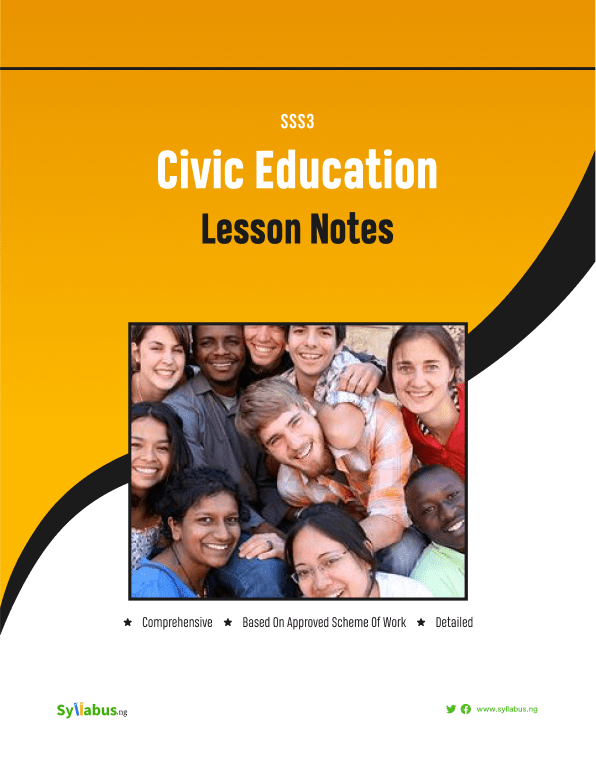
Never bother about writing lesson notes again. Get our well written SSS 2 Civic Education lesson notes for (First, Second & Third Term).
Its’s printable, in PDF Format, editable, and easy to use.
SS2 First Term Scheme of Work for Civic Education
| LAGOS STATE MINISTRY OF EDUCATION UNIFIED SCHEMES OF WORK FOR SENIOR SECONDARY SCHOOLS | ||
| Civic Education Scheme of Work for Senior Secondary Schools 2(SSS2) | ||
| CLASS | SS2 | |
| SUBJECT | CIVIC EDUCATION | |
| TERM | First Term | |
| WEEK | TOPICS | Learning Objectives |
| 1 | CITIZENSHIP EDUCATION – Introduction to citizenship education – Importance of citizenship education | By the end of the lesson, students should be able to: i. explain the meaning of citizenship education ii. mention and demonstrate the duties of citizenship education to the community iii. analyze the importance of citizenship education |
| 2 | DUTIES AND OBLIGATIONS OF CITIZENS – Definition of duties and obligations – Duties and obligations of citizens to their communities eg security, obedience to rules and regulations | By the end of the lesson, students should be able to: i. mention the duties and obligations of a citizen ii. discuss their duties and obligations to their communities |
| 3 | SKILLS NECESSARY FOR THE PRESERVATION OF OUR TRADITIONS, BELIEF AND CUSTOMS IN NIGERIA | By the end of the lesson, students should be able to: i. discuss the skills required for the promotion of our tradition, customs, belief, etc ii. demonstrate a play on preservation of tradition and custom |
| 4 | NATIONAL CONSCIOUSNESS – Meaning of national consciousness , national integrity, national unity – How to promote national integrity, unity and consciousness – Factors that prevent the promotion of national consciousness | By the end of the lesson, students should be able to: i. explain the concept of national consciousness, integrity and unity ii. highlight ways to promote national consciousness, integrity and unity iii. discuss and justify factors that prevent the promotion of national consciousness (group project) |
| 5 | CAPITALIST DEMOCRACY – Definition of capitalist democracy – Characteristics of capitalist democracy – Political parties: definition and characteristics | By the end of the lesson, students should be able to: i. explain capitalist democracy and it’s characteristics ii. analyze political parties and it’s characteristics |
| 6 | HOW POLITICAL PARTIES COMPETE FOR POWER THROUGH ELECTIONS – Functions of political parties | By the end of the lesson, students should be able to: i. describe how political parties compete for power through elections ii. analyze the functions of political parties |
| 7 | MID-TERM BREAK | |
| 8 | POVERTY AND IT’S EFFECTS – Importance of employment in alleviating poverty – Programs of poverty alleviation eg NEEDS, NAPEPS,etc | By the end of the lesson, students should be able to: i. explain how employment can alleviate poverty ii. describe what prompts and guarantees employment eg free education, medical care, etc iii. analyze activities of poverty alleviation programs |
| 9 | POLITICAL APATHY – Learning of political apathy – The various forms of political apathy eg refusal to register to vote, refusal to vote or protest against rigging of elections – How to stop political apathy – Meaning of recalls | By the end of the lesson, students should be able to: i. explain political apathy ii. analyze it’s various forms iii. identify reasons for political apathy iv. describe re-calls and give recent example |
| 10 | REASONS WHY LEADERS FAIL TO PROTECT THE INTEREST OF THEIR FOLLOWERS – Ways to control leaders that fail to protect the interest of their followers in their communities | By the end of the lesson, students should be able to: i. explain why leaders fail to protect the interest of their followers ii. discuss how to control leaders that fail to protect followers in their communities |
| 11 | REVISION | |
| 12 | EXAMINATION | |
SS2 Second Term Scheme of Work for Civic Education
| CLASS | SS2 | |
| SUBJECT | CIVIC EDUCATION | |
| TERM | SECOND TERM | |
| WEEKS | TOPICS | LEARNING OBJECTIVES |
| 1 | POPULAR PARTICIPATION – Definition of popular participation – Factors that promote popular participation – Reasons why people do not participate in politics eg ignorance, economics, discrimination | By the end of the lesson, students should be able to: i. explain popular participation ii. outline the factors that promote popular participation iii. identify reasons why people do not participate in politics |
| 2 | HOW POPULAR ORGANIZATIONS ARE FORMED – Roles of popular organizations in development | By the end of the lesson, students should be able to: i. describe how popular organizations are formed ii. highlight activities of some popular organizations |
| 3 | HUMAN RIGHTS – Meaning of human rights – History of human rights and 1948 declaration of human rights – Limitations of human rights eg war, emergency, politics | By the end of the lesson, students should be able to: i. explain human rights ii. discuss human rights declaration of 1948 iii. identify what may limit human rights |
| 4 | EMERGENCY – Meaning – What happens during emergency – Ways of reducing emergency | By the end of the lesson, students should be able to: i. discuss state of emergency ii. explain what happens before state of emergency can be declared and how the process is carried out iii. highlight the ways by which state of emergency can be reduced |
| 5 | DRUG USE AND DRUG ABUSE – Meaning of drug abuse – Types of drugs and how they can be abused – Causes of drug abuse | By the end of the lesson, students should be able to: i. explain the meaning of drug abuse ii. identify drugs,their use and how they can be abused iii. describe the causes of drug abuse |
| 6 | HOW DRUG ABUSE DEVELOPS – Signs and symptoms of drug abuse eg depression, violence | By the end of the lesson, students should be able to: i. identify ways drug abuse habits can develop ii. highlight and discuss the signs and symptoms associated with drug abuse |
| 7 | MID-TERM BREAK | |
| 8 | EFFECTS OF DRUG ABUSE – Behavior of drug addicts – Agencies against drug abuse eg NDLEA, NAFDAC | By the end of the lesson, students should be able to: i. discuss some of the behaviors that are peculiar to drug addicts and how to recognize them ii. highlight some of the agencies that fight drug abuse and how they carry out their duties |
| 9 | WAYS OF PREVENTING DRUG ABUSE – Different types of drugs – Drug laws: Laws promulgated against drug abuse | By the end of the lesson, students should be able to: i. identify and categorize the kinds of drugs we have ii. discuss the various laws or edicts against drug abuse iii. justify the reasons behind each of the laws against drug abuse |
| 10 | ACTIVITIES OF DRUG ENFORCEMENT AGENCIES – Activities of NAFDAC | By the end of the lesson, students should be able to: i. Explain the activities of agencies against drug abuse eg NDLEA, NAFDAC |
| 11 | REVISION | |
| 12 | EXAMINATION | |
SS2 Third Term Scheme of Work for Civic Education
| CLASS | SS2 | |
| SUBJECT | CIVIC EDUCATION | |
| TERM | THIRD TERM | |
| WEEKS | TOPICS | LEARNING OBJECTIVES |
| 1 | RESPONSIBLE PARENTHOOD – Meaning of responsible parenthood and types – Patterns of responsible parenthood – Roles of responsible parenthood eg security, education | By the end of the lesson, students should be able to: i. explain the meaning of responsible parenthood ii. demonstrate in groups,the pattern of responsible parenthood iii. identify and discuss the roles of responsible parenthood |
| 2 | FACTORS THAT LEAD TO THE SUCCESS OF RESPONSIBLE PARENTHOOD – Importance of responsible parents to the society – Constraints of good parenthood – Effects of parents lacking in their responsibility | By the end of the lesson, students should be able to: i. analyze the importance of responsible parenthood in the national development ii. discuss the constraints of good parenthood in modern society iii. examine the effects of parents lacking in their responsibilities |
| 3 | TRAFFIC REGULATIONS – Definition of concepts and traffic lights – Traffic regulations eg obeying traffic officials and signs | By the end of the lesson, students should be able to: i. define and explain the meaning of traffic regulations ii. identify some traffic regulations and signs iii. analyze the roles of individuals and government in maintaining traffic regulations |
| 4 | DUTIES OF PEDESTRIANS – Causes of road accidents – The role of drivers in reducing road accidents | By the end of the lesson, students should be able to: i. analyze the role of individuals in maintaining traffic regulations ii. discuss in groups the role of drivers in reducing accidents |
| 5 | WAYS OF REDUCING ROAD ACCIDENTS – Functions of Federal Road Safety Corps (FRSC), LASTMA – Roles of traffic wardens – Roles of individuals in maintaining traffic regulations – Maintaining traffic regulations | By the end of the lesson, students should be able to: i. identify the government officials responsible for maintaining traffic regulations eg FRSC, LASTMA ii. analyze the roles of traffic wardens iii. demonstrate how to maintain traffic regulations |
| 6 | INTERPERSONAL RELATIONS – Meaning of interpersonal relationships and types – Characteristics of interpersonal relationships | By the end of the lesson, students should be able to: i. explain interpersonal relationships ii. demonstrate the meaning of interpersonal relationships iii. identify the characteristics of interpersonal relationships |
| 7 | MID TERM BREAK | |
| 8 | INTERPERSONAL RELATIONSHIP – Stages of interpersonal relationship eg men/women, government and individual relationship | By the end of the lesson, students should be able to: i. identify the stages of interpersonal relationships ii. demonstrate the stages of interpersonal relationships iii. analyze the types of friendship |
| 9 | IMPORTANCE OF INTERPERSONAL RELATIONSHIP – Intercommunal relationship (meaning and importance) – Skills that promote interpersonal relationships eg honesty, tolerance | By the end of the lesson, students should be able to: i. state the importance of intercommunal relationship ii. identify and explain the skills for resolving intercommunal relationships |
| 10 | CHALLENGES OF INTERCOMMUNAL CONFLICTS – Problems of boundary disputes in Nigeria | By the end of the lesson, students should be able to: i. outline some of the challenges of intercommunal conflicts ii. identify communities whose disputes are yet to be resolved |
| 11 | SKILLS FOR INTERCOMMUNAL CONFLICTS – eg dialogue , mediation | By the end of the lesson, students should be able to: i. analyze the skills for resolving intercommunal conflicts ii. explain the skills for conflict resolution |
| 12 | REVISION/EXAMINATION | |
Get SSS2 Civic Education Lesson Notes

Never bother about writing lesson notes again. Get our well written SSS 2 Civic Education lesson notes for (First, Second & Third Term).
Its’s printable, in PDF Format, editable, and easy to use.
Recommended Civic Education Textbooks for Senior Secondary School 2
The recommended Civic Education textbooks for SSS2 include but are not limited to the following:
- Model Civic Education for Senior Secondary school with workbook by Anene Anthony. Mid-Field Publishers Ltd SS 1 -3
- Pacific Civic Education for Upper UBE Class by Victor Emeka Okafor, Francis O Arinze. Pacific Publishers Ltd SS 1-3
- WABP Civic Education by Dayo Olagunju. West African Book Publishers SS 1-3
- Varsity Model Civic Education for Secondary School and Colleges by Babalola G.M, Ogbalu et al. Varsity Publishing company SS 1-3
- Religion and National Values by Olisa A.C. New Age Press Ltd SS 1-3
- Model Basic Civic Education by Obi, Franca Ego, Ph.D, et al. CHASE PUBLICATIONS LIMITED
SSS2 Scheme of Work for All Subjects
Trade Subjects
Download SSS2 Civic Education Scheme of Work

Know what’s expected of you as an educator
Download the Lagos State Unified Scheme of Work for Senior Secondary School Two (SSS2) Civic Education

